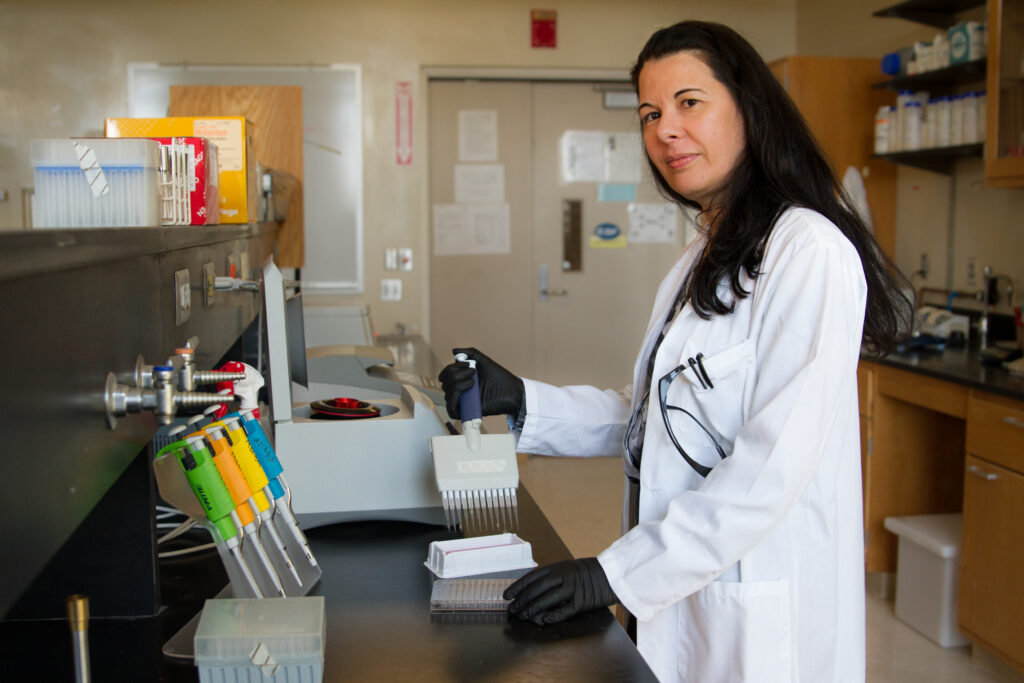Researcher Issued Patent for Poultry Gut Bacteria Health
Alumni News
Faculty News
Graduate News
Research News
STEM News
11/04/2021

